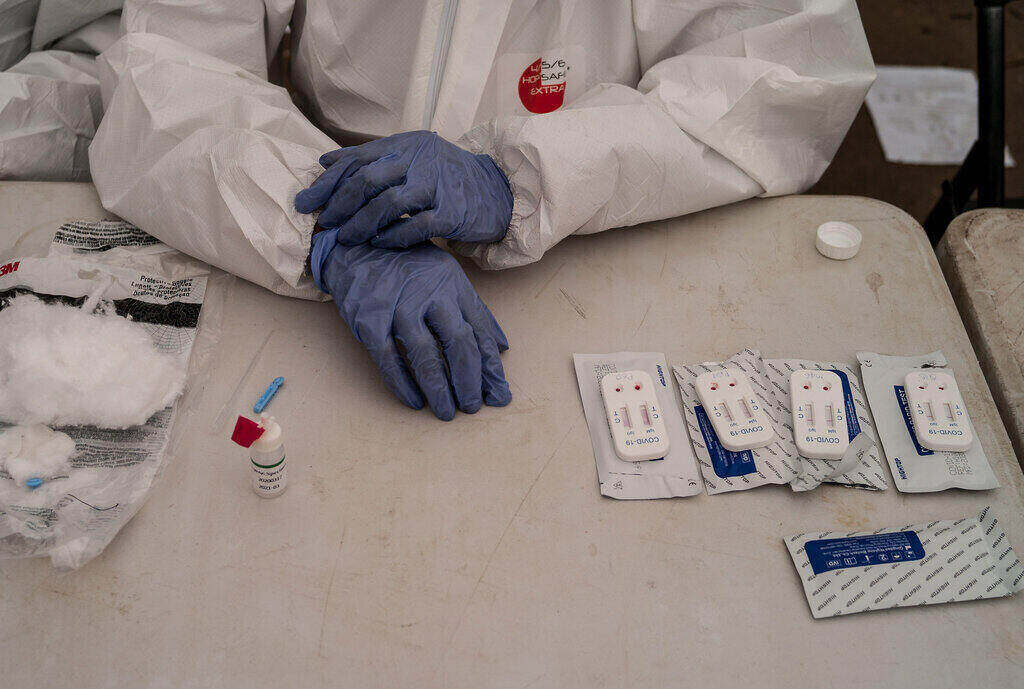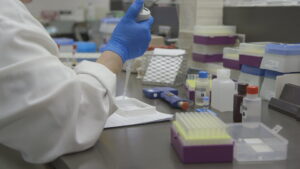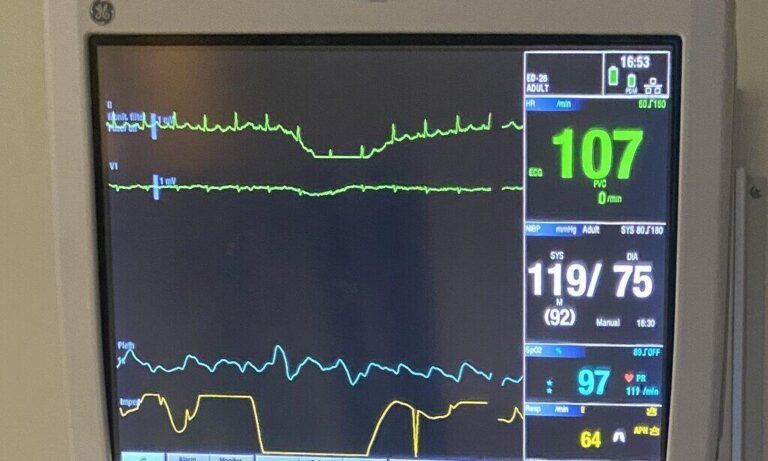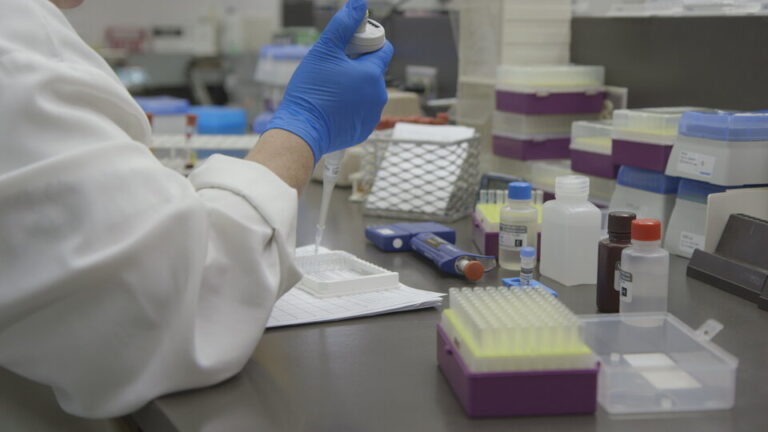The truth about COVID-19 is there is still so much to learn about it, however, a lot has already been established about the virus. Researchers have been conducting numerous studies to figure out what makes the disease tick and how can it be stopped.
Most people with COVID-19 will not have any symptoms. The virus is spread by coughing and sneezing, so it’s possible that you could pass on the disease without even knowing it. Some people may develop mild symptoms such as a cough, fever, and muscle aches that last for a few days.
The Centers for Disease Control (CDC) have stated that a cough is not a reliable sign a person has COVID-19.
It’s important to note here that the CDC has also advised individuals who are concerned about the possibility of having contracted COVID-19, but whose symptoms do not appear to be consistent with those described by the CDC, to seek medical attention immediately. In addition to a cough, other common symptoms include fever, aches, and pains. If someone is feeling any of these things plus an intense urge to clear their throat every two seconds or so; maybe a trip to the doctor is in order.

People can catch COVID-19 more than once. While most people think of a viral outbreak as something they get once and then never again, this is not necessarily the case with COVID-19. If they’ve been infected with the virus before, it will be more difficult for their immune system to fight off another round of COVID-19 if both instances were caused by the same strain. This can also occur if their partner has been infected more than once by different strains of COVID-19, though this is less likely given how rare it is for people to contract two types at once.
As one might expect from its name, COVID-19 is related to another coronavirus called SARS (severe acute respiratory syndrome). However, there are important differences between them: Covalent viruses are spread through direct contact with bodily fluids such as urine or saliva; they don’t spread through droplets like measles or chickenpox viruses do. In addition, there’s no evidence that hot weather or cold air makes COVID-19 worse — it doesn’t matter whether it’s winter versus summer — people can still get infected with COVID-19 by touching someone who has it on their hands.
Some people do not get symptoms until two weeks after infection. This is because some people are just less susceptible to the virus, but it’s still very important to be on high alert, especially if you have recently been exposed to someone who has the flu.
Like many viruses, COVID-19 can cause a wide range of symptoms in its victims. These symptoms include fever, muscle aches, and body aches. In some cases, patients will develop pneumonia or other infections as a result of the virus attacking their immune systems. If anyone thinks that they might have been exposed to COVID-19 or another flu virus recently and wish to protect themselves against these pathogens before they attack the body with deadly force (pun intended), there are several things that can be done:
Wash hands often with soap and water for 20 seconds at least five times per day— or use hand sanitizer when soap isn’t available — to help prevent transmission from others during the cold season. Use gloves when handling food items like raw meat so as not to contaminate them with any potential pathogens present on one’s hands. Avoid close contact with sick people since this could increase the chances of contracting their illnesses; however if necessary then cover the nose/mouth area immediately upon entering a room where the sick person is present. Stay home from work/school when feeling bad to refrain from spreading it to loved ones and community members.
People can get COVID-19 through sex, but it’s not as likely. They can also get the virus from kissing and touching. In fact, the CDC reports that people are more likely to contract COVID-19 from sharing towels or toothbrushes than from intercourse alone.
The truth about COVID-19 is that there is still so much to be learned about it. The virus has only been around a short while, and experts do not yet understand the long-term effects of infection. They need to learn more about how people can be protected from getting it.
But one thing they do know: If people are infected with COVID-19, they should stay home from work or school until at least three days after their fever goes away and any other symptoms have cleared up (like cough or runny nose).
Even though there is still more to learn about the virus experts have some ideas on what is needed to do next.
Written by Sheena Robertson
Sources:
CDC: Myths & Facts
WHO: Coronavirus disease (COVID-19)
Cleveland Clinic: How Many Times Can You Get COVID-19?
Top and Featured Image by Henitsoa Rafalia Courtesy of World Bank Photo Collection‘s Flickr Page- Creative Commons License
Inset Image Courtesy of Marco Verch Professional Photographer‘s Flickr Page – Creative Commons License









